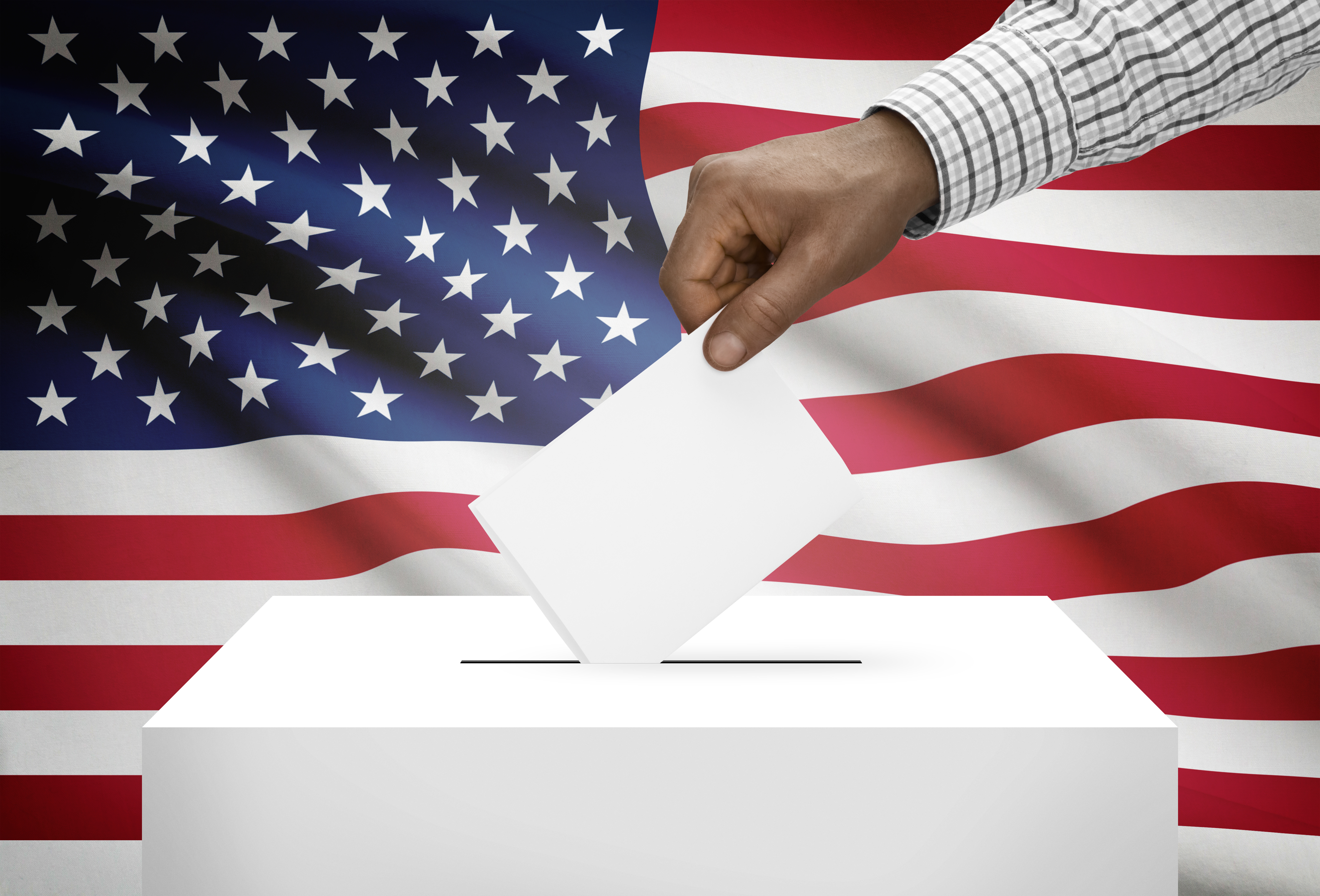The Markets Corner: The Year That Will Be by Filippo Lecchini

The new year started in a hurry, and so many themes, different from 2019, are now on everyone’s radar. Aside from unpredictable events and natural disasters, politics - or policy, at least - always has the central role in the economy and the markets. 2020 appears to have the potential to be particularly eventful in that respect. What follows is a quick overview with no pretense of completeness.
Federal Reserve: the rates direction was certainly a major theme in 2019. Regardless of what level we believe to be appropriate, the fact that rates went up only to be eventually cut is a pretty clear indication that some decisions were likely rushed. No change is expected for the rest of the year.
Trade deals: USMCA, the trade deal with Mexico and Canada that replaced NAFTA, was approved by the House in December 2019. The U.S. Senate will have to approve it in 2020, and success doesn’t seem controversial. While according to many the deal is not dramatically different from NAFTA, once approved it will eliminate a source of uncertainty and international frictions. The trade deal with China is an entirely different story. “Phase one” was agreed upon at the end of 2019, and signatures are expected in January 2020. At this stage some tariffs will be lowered, others will not kick in or increase, and China is committed to buying American commodities. What comes next, however, remains more challenging and could trigger more volatility. Intellectual property and the government’s role in the economy are areas where significant differences persist. The other, often-overlooked disputes are with the European Union, as well as a new trade deal with the U.K.
Impeachment: The House of Representatives impeached President Trump in December 2019. The trial in the Senate will likely commence in January 2020; the general expectation is that the Senate will acquit the President. The markets so far have not shown much interest in the whole thing for at least a couple of reasons. First, a vote along party lines has always been expected, so a removal has not been considered likely. (Impeachment by itself has no real consequences.) Second, even if the President were to be removed, the elections are coming up in November, so it is not immediately clear how consequential that outcome would be. The truly interesting fact is that the President is running for re-election. The Founding Fathers did not plan for an impeached President seeking a second term, yet there was never a doubt that this President would.

Democratic primaries: lots of things are said on the road to a general election, but some candidates are naturally more business-friendly than others. The counterargument is that if more people get to participate, the economy can be more resilient. So far this has mostly been a topic of informal conversation, but the primaries are coming up. Iowa opens the cycle in February, and the markets might start paying attention. Who the presidential candidate is and how likely she/he is to win will eventually attract more interest, as will the Congressional races. Any Democrat with a completely Republican Congress would have a hard time, as would a re-elected President Trump should the Democrats keep the House and win the Senate. These narratives will start developing later in the spring.
Middle East: the markets opened the year on Jan 2nd with a euphoric rally that was quickly reversed the next day after the U.S. killed the Iranian General Soleimani. That in turn triggered retaliation on January 6th, when Iran attacked military bases in Iraq where U.S. troops are stationed. The sequence of events brought volatility to equities accompanied by spikes in oil and gold. This certainly represents an escalation on both sides - allegedly both President Bush and President Obama considered killing Soleimani but decided against it. Iran also attacked directly, launching missiles from Tehran rather than through a proxy group or militia in the region, which is how open confrontation has been avoided so far. In the wake of the attack, Iran is also dealing with the consequences of inadvertently shooting down a commercial plane, and the calm that followed the events of the first six days of 2020 might not be lasting. Nobody seems to want a war, but the equilibrium is fragile, and the necessity of backing up bellicose rhetoric might progressively reduce the available options.
Earnings: finally, going back to the economy, earnings reports will matter more than they have in the recent past. At the beginning of 2019 there was no shortage of doomsday predictions, which were quickly rebuffed by strong corporate results. Questions about the longest bull market are very much alive at the beginning of 2020, and every number will be scrutinized for clues about the health of the economy and its growth prospects. While all of that is waiting to unfold the rally continues, one new high after another.
As often happens, it is certainly possible that in a few months we will look back at these comments and realize that everything turned out differently from what we expected, with new catalysts and priorities. In the meantime, one thing can be said: 2020 should be an interesting year.
RISK DISCLAIMER: Trading in futures products entails significant risks of loss which must be understood prior to trading and may not be appropriate for all investors. Past performance of actual trades or strategies cited herein is not necessarily indicative of future performance. The information contained herein is provided to you for information only and believed to be drawn from reliable sources but cannot be guaranteed; Phillip Capital Inc. assumes no responsibility for errors or omissions. The views and opinions expressed in this letter are those of the author and do not reflect the views of Phillip Capital Inc. or its staff.
